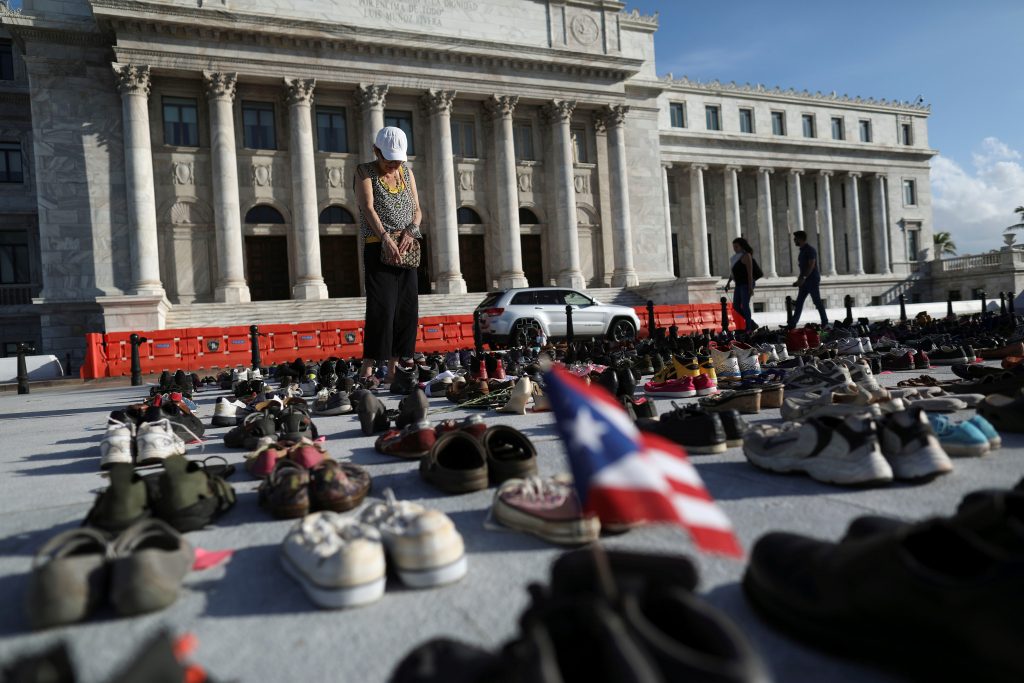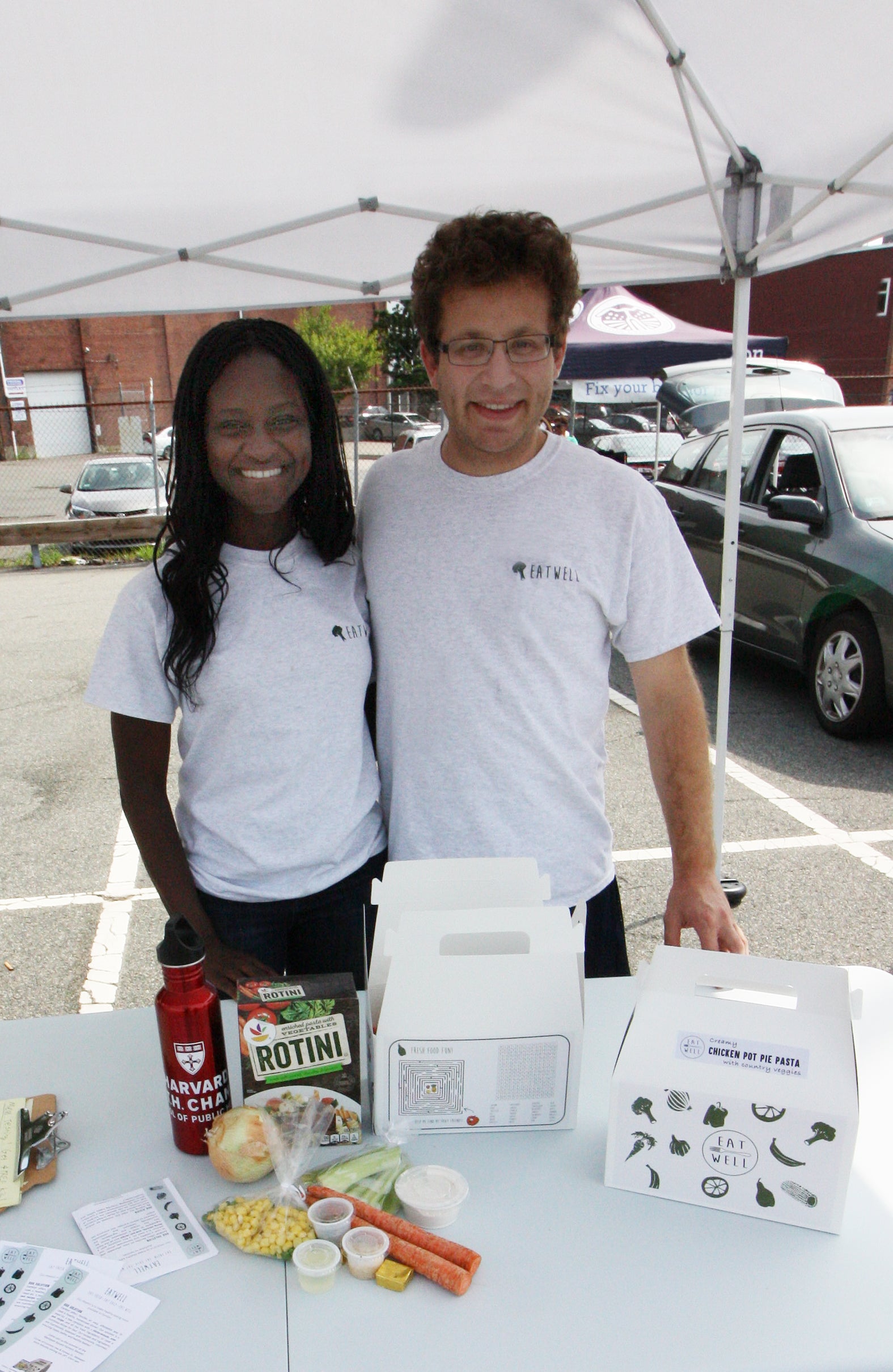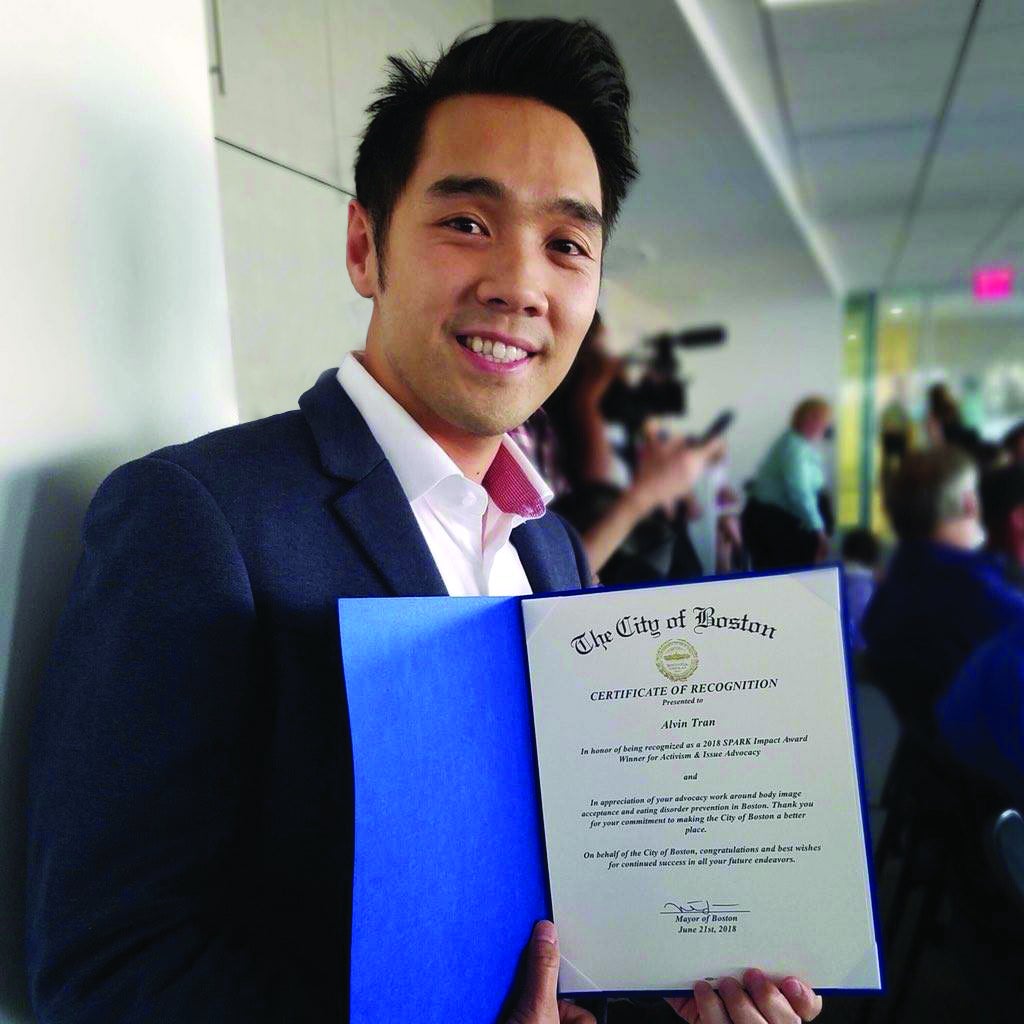DEATH RATE IN PUERTO RICO REMAINED HIGH IN MONTHS FOLLOWING HURRICANE MARIA

The government in Puerto Rico initially attributed 64 deaths to the devastation wreaked by Hurricane Maria’s landfall on the island last September. But this number substantially underestimates the storm’s human toll, according to a recent study in the New England Journal of Medicine led by an interdisciplinary team of Harvard Chan School researchers from the Department of Epidemiology and the FXB Center for Health and Human Rights. They estimate that between 793 and 8,498 more people died in the three months following the hurricane than would have died in a normal year; about a third of these deaths were caused by delayed or interrupted medical care. This estimate is based on a survey of 3,299 randomly selected households conducted in January and February in collaboration with colleagues from Carlos Albizu University in Puerto Rico and the University of Colorado School of Medicine. In August 2018, the Puerto Rico government revised its initial death toll estimate to 2,975. Read more about the study on Hurricane Maria
WHO CALLS FOR ELIMINATION OF TRANS FATS BY 2023
The World Health Organization (WHO) called on governments around the world to eliminate the use of trans fats by 2023. The WHO provided a set of guidelines to help eradicate trans fats from food supplies and said that doing so could save 10 million lives. Walter Willett, a professor of epidemiology and nutrition at Harvard Chan School—whose research helped determine that trans fats were associated with greater risk of heart disease—applauded the WHO’s move. He was quoted in multiple media outlets, including the Los Angeles Times, where he explained that the cost of treating cardiovascular disease is very high compared with the cost of moving to healthier fats. Read more about the elimination of trans fats
GINA MCCARTHY, FORMER U.S. EPA ADMINISTRATOR, LAUNCHES C-CHANGE
The Center for Climate, Health, and the Global Environment (C-CHANGE) was officially launched May 30 at the Harvard Chan School. C-CHANGE is committed to transforming science into meaningful actions that will deliver a healthier, more just, and sustainable world. The center will ensure that government officials, business leaders, and the public have access to the best science so that they can understand the health and environmental challenges they face, why it matters to them, and how they can work for change. At the event, the center’s leadership announced a new collaboration between Harvard University and Google that will seek to reduce the use of harmful chemicals in building products and materials.
C-CHANGE is led by director Gina McCarthy, former U.S. Environmental Protection Agency administrator, and co-directors Joseph Allen and Aaron Bernstein. “Fighting climate change isn’t about saving the planet, and it’s not about politics; it’s about our kids and making sure they have the opportunity for a healthy, sustainable world,” McCarthy said at the launch event. “C-CHANGE will ensure that cutting-edge science produced by the Harvard Chan School is actionable—that the public understands it, and that it gets into the hands of decision makers so that science drives decisions.” Read more about C-CHANGE
DOCUMENTING HEALTH RISKS AT 35,000 FEET

Alaska Airlines flight attendants began reporting symptoms such as itchy eyes, rashes, and shortness of breath soon after the company introduced new uniforms in 2011. Although the uniforms were replaced three years later, the airline didn’t acknowledge a possible connection between the introduction of the uniforms and the spike in health complaints.
Research from Harvard T.H. Chan School of Public Health’s Flight Attendant Health Study, published earlier this year in BMC Public Health, adds to the evidence. Principal investigator Eileen McNeely, an instructor in the Department of Environmental Health, and colleagues analyzed survey data taken from 684 Alaska Airlines flight attendants before and after the uniforms were introduced. Their findings showed that reported respiratory, dermatological, and allergic symptoms did indeed increase following the introduction of the uniforms in 2011. Two additional studies released by the group this year found that while flight attendants are healthier overall than the general population, they have higher rates of female reproductive cancers, nonmelanoma skin cancer, sleep disorders, and depression. Read more on the flight attendant health study
THREE-DAY MOSQUITO REPELLENT TAKES TOP PRIZE AT HBS COMPETITION
A nontoxic mosquito repellent that lasts for three days took a top award at Harvard Business School’s New Venture Competition on April 18. The pitch for Hour 72+ by Abraar Karan, MPH ’17, and Andrew Rothaus, HBS ’18, won the Dubilier $75,000 grand prize in the student business category. According to the team, their new mosquito repellent is not sticky, doesn’t smell bad, doesn’t contain any harmful chemicals, and is nearly 100 percent effective for three days with just one application. They plan to seek funding for the repellent, which early testing suggests is also effective against ticks. Read more about the competition
MAGAZINE STORY WINS NATIONAL AWARD
Obesity: Can we stop the epidemic?—the cover story in the Spring 2017 issue of Harvard Public Health—won the Silver Award for Topical Feature Writing in the 2018 CASE Circle of Excellence Awards, a national competition sponsored by the Council for Advancement and Support of Education. The story, written by Harvard Public Health editor Madeline Drexler, represents the magazine’s second CASE award.
STUDENTS’ MEAL KIT IDEA WINS INNOVATION PRIZE

A team led by Harvard Chan School students won this year’s Rabobank-MIT Food and Agribusiness Innovation Prize. Dan Wexler (at right with Edem Hado, MPH ’19), and Priya Patel, both MPH ’18, and team members were awarded $15,000 for their project—a nonprofit that will sell simple, $15 meal kits in areas with limited access to fresh food—at a May 2 ceremony at MIT. The team piloted the project in Boston’s Mattapan neighborhood in August. They surveyed residents on their eating preferences and have tailored recipes such as a Haitian pork dish for the community. Read more about the innovative meal kit
STUDENT RECOGNIZED FOR BODY IMAGE AND EATING DISORDER ADVOCACY

Alvin Tran, SD ’18, won a SPARK Boston Impact Award in the Activism and Advocacy category for his work on body image acceptance and eating disorder prevention. Earning a degree from the Departments of Nutrition and Social and Behavioral Sciences, Tran is also a trainee and researcher with the School’s Strategic Training Initiative for the Prevention of Eating Disorders, also known as STRIPED. SPARK Boston, an initiative by Mayor Marty Walsh, aims to engage young civic leaders and social entrepreneurs in the work of city government. The Annual SPARK Impact Awards, held this year on June 21, honor millennials’ contributions to the city. Read more about Alvin Tran’s work







